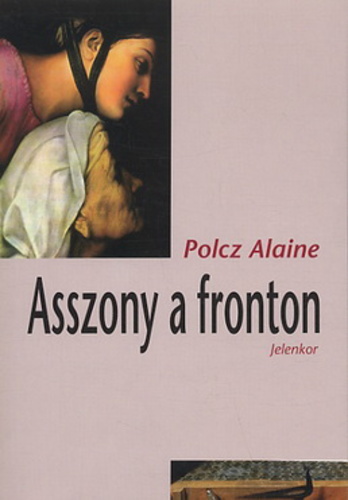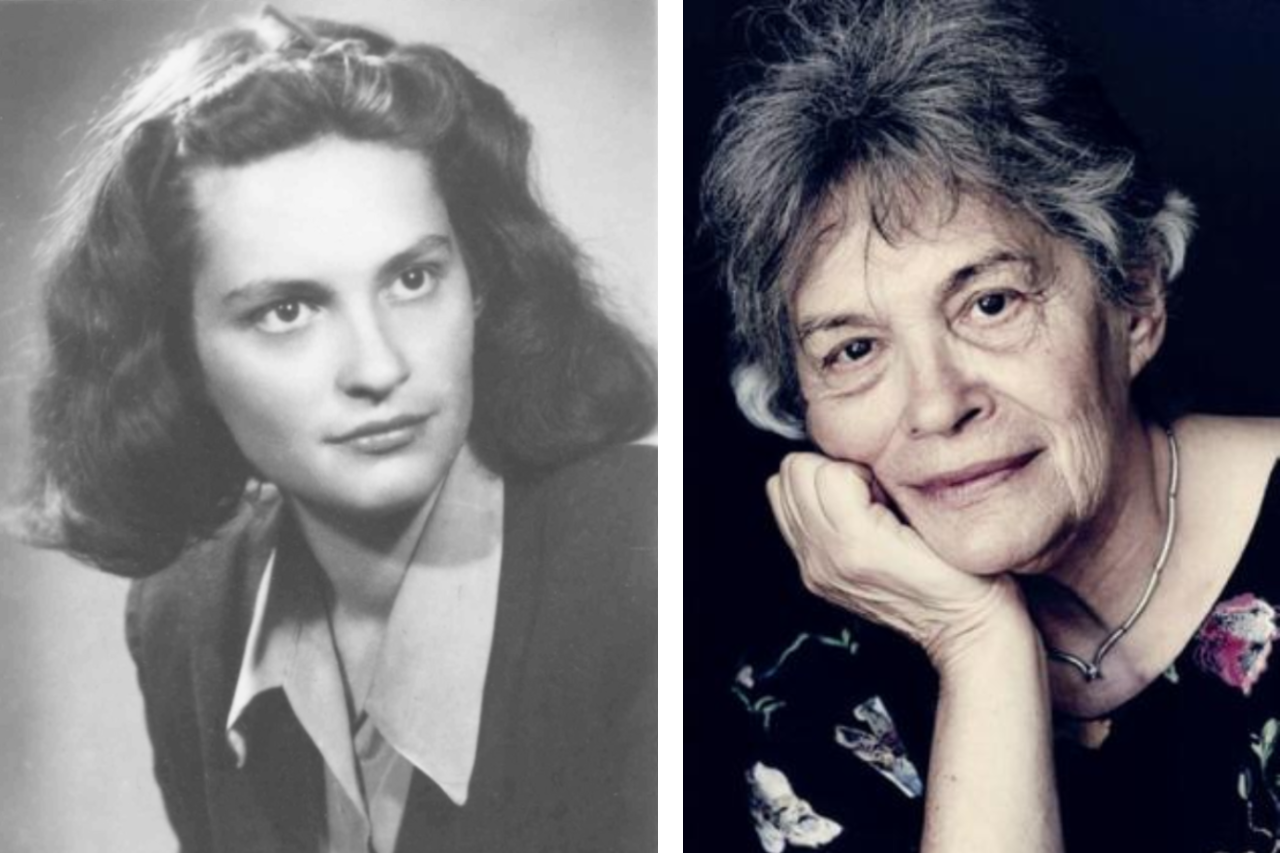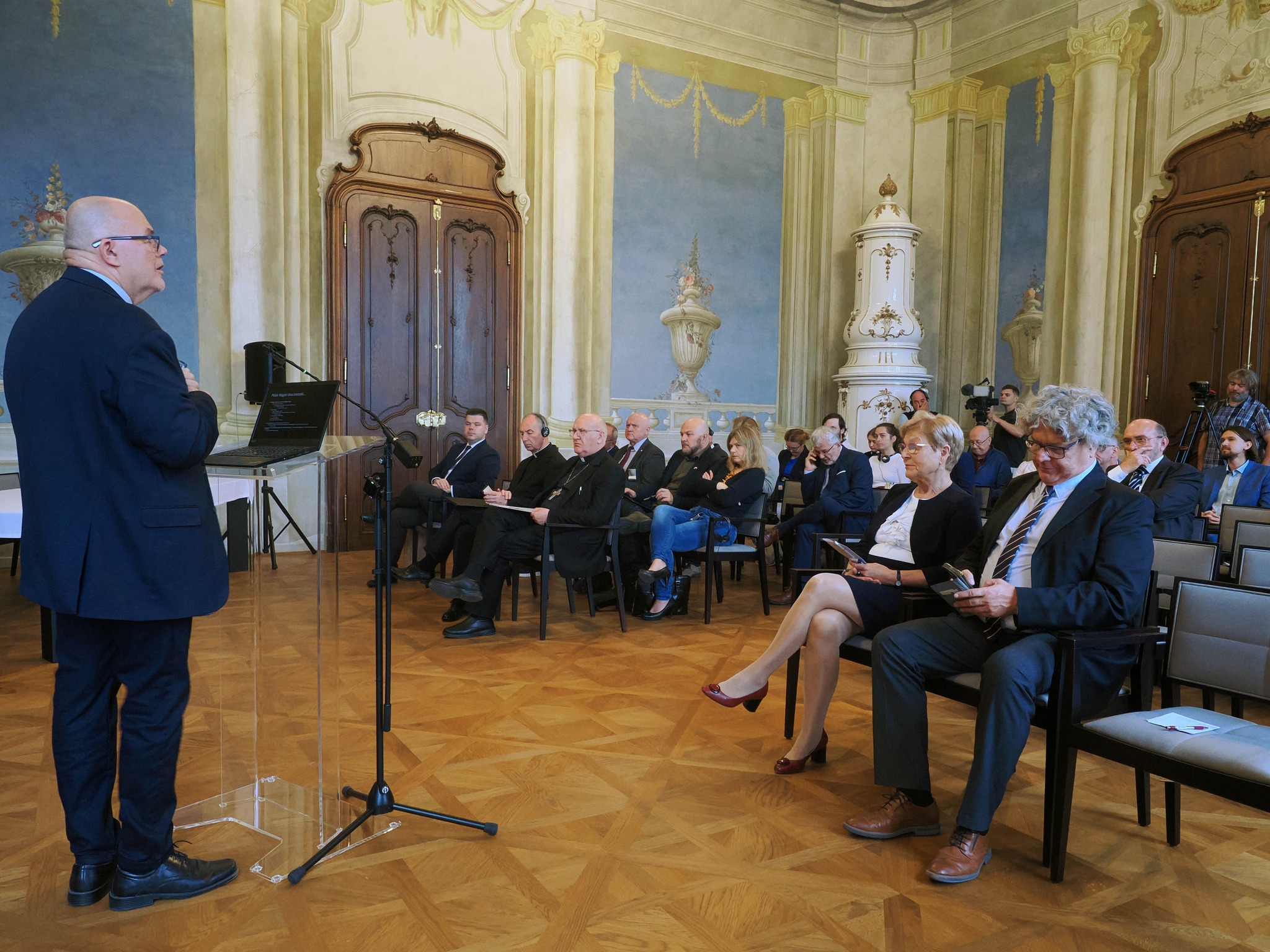Alaine Polcz – Psychologist, Writer, and Pioneer in Hungarian Thanatology – Cluj Napoca
Fact of the Hungarian figure „Terezia Brunszvik and the First Hungarian Kindergarten”
Part of the „The emancipation of women” topic
Alaine Polcz (1922-2007) was a renowned Hungarian psychologist who made significant contributions to the study of death and mourning, as well as child psychology. She was also a key figure in the hospice movement in Hungary and was a pioneer in providing psychological support to the terminally ill. Polcz was born in Cluj-Napoca in Romania (Kolozsvár in Hungarian language), where she endured the horrors of the Second World War, and at one point, she was even in a state of clinical death due to her injuries. These personal traumas shaped her deep understanding of human suffering and resilience, themes that would define her career. After the war, she obtained a degree in psychology from Eötvös Loránd University in Budapest. Throughout her professional career, she focused on the psychology of the sick and dying, publishing numerous studies in this field. Her work in this field laid the foundation for modern palliative care in Hungary. She developed play therapy for children and was instrumental in opening a playroom for kids at a clinic, a first in Hungary. Polcz was also an accomplished writer. Her book, A Wartime Memoir: Hungary 1944-1945, was published in 1991 and documents the experiences of women in Eastern Europe during the Second World War. For more than 50 years, she was married to the writer and intellectual Miklós Mészöly, with whom she promoted humanity and solidarity both professionally and in their private life.






